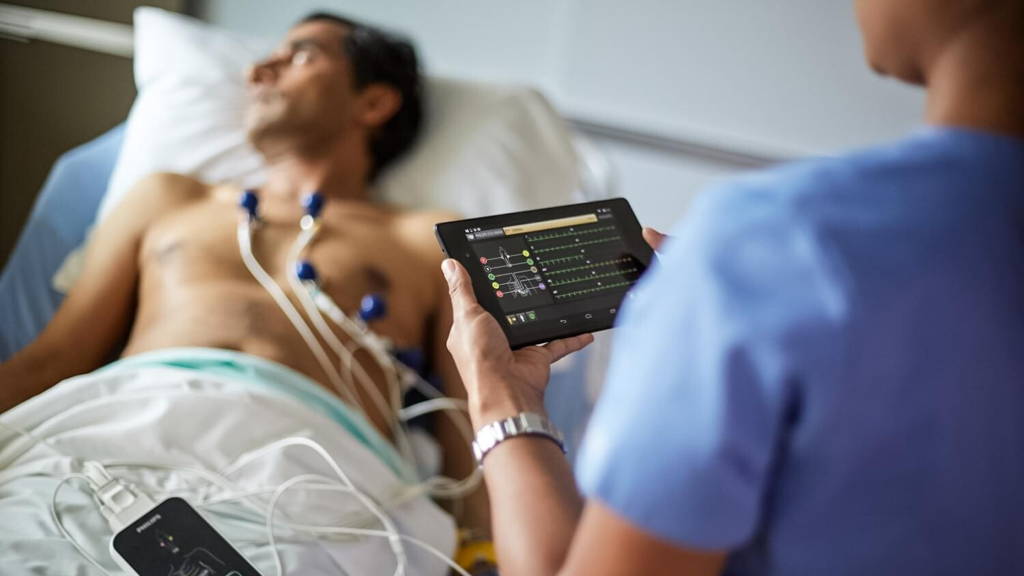Newly developed smartphone-connected mHealth devices represent promising methods to diagnose common diseases in resource-limited areas. However, the impact of technology-based care on long-term outcomes has not been rigorously evaluated.
An India based study, published in the Journal of the American College of Cardiology, sought to determine whether mobile health (mHealth) device assessments used as clinical decision support tools at the point-of-care, can reduce the time to treatment and improve long-term outcomes among patients with rheumatic and structural heart diseases (SHD).
Shorter time to therapy
The study concludes that an initial mHealth diagnostic strategy was indeed associated with a shorter time to definitive therapy among patients with SHD in a resource-limited area and was associated with improved outcomes in resource strapped areas such as in India.
“Such areas have the highest rates of chronic diseases, [yet] have the lowest availability of diagnostic tests,” lead author Dr. Sanjeev Bhavnani, of the Scripps Clinic and Research Foundation, said in an interview with MobiHealthNews. “By way of their portability, new mobile health devices such as pocket ultrasound and the smartphone-iECG maybe uniquely poised to improve healthcare access and lead to earlier treatment decisions, especially for high risk patients.”
Randomized diagnostic assessment
253 patients with SHD were randomized to an initial diagnostic assessment with wireless devices in mHealth clinics (n = 139) or to standard-care (n = 114) in India. mHealth clinics were equipped with point-of-care devices including pocket-echocardiography, smartphone-connected-electrocardiogram blood pressure and oxygen measurements, activity monitoring, and portable brain natriuretic peptide laboratory testing.
All individuals underwent comprehensive transthoracic echocardiography to assess the severity of SHD. The primary endpoint was the time to referral for therapy with percutaneous valvuloplasty or surgical valve replacement. Secondary endpoints included the probability of a cardiovascular hospitalization and/or death over 1-year.
An initial mHealth assessment was associated with a shorter time to referral for valvuloplasty and/or valve replacement (83 ± 79 days vs. 180 ± 101 days, p <0.001) and was associated with an increased probability for valvuloplasty/valve replacement compared to standard-care (34% vs. 32%; adjusted hazard ratio: 1.54; 95% CI: 0.96 to 2.47, p = 0.07). Patients randomized to mHealth were associated with a lower risk of a hospitalization and/or death on follow-up (15% vs. 28%, adjusted hazard ratio: 0.41; 95% CI: 0.21 to 0.83; p = 0.013).
Efficient triage for cardiology clinics
"To our knowledge this is the first randomized study that shows how modern cardiology clinics can be organized for triaging symptomatic patients efficiently and how decision making can be accelerated using a combination of mHealth technologies that look at different dimensions of a disease,” principal investigator Dr. Partho Sengupta, of the West Virginia University School of Medicine, told MobiHealthNews. “The outcomes suggest potential substantial cost-savings and cost-efficacy studies are needed to evaluate the impact on health-economics using such strategies."
